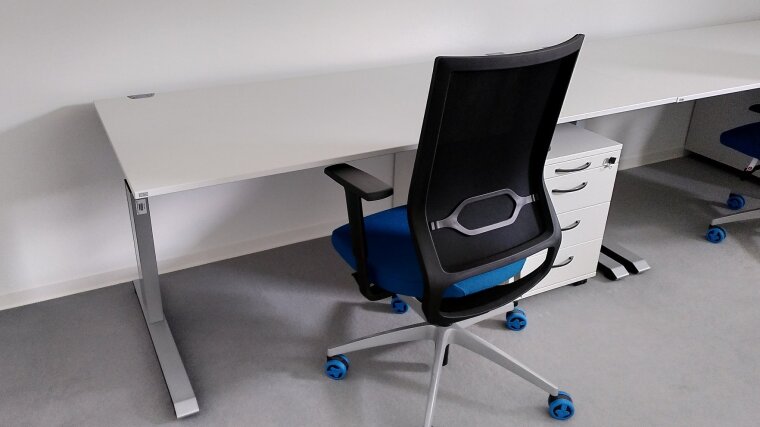
Working in the VEO group
If you are interested in joining the VEO Group, please send us an open application letter plus CV. Please mention in your letter that you are responding to the call on our website, highlight your relevant background, and mention which of our projects/research lines you are mainly interested in. We're particularly looking for people with the following profile:
- An MSc or PhD degree specialising in microbial/viral ecology or microbiome analysis.
- Hands-on experience with relevant high-throughput techniques involving microcosms, experimental evolution, advanced microbiology/molecular biology techniques, mining metagenomics/viromics/metabolomics data, theoretical/mathematical modelling.
- Track record of planning/performing/publishing original research that aligns with the VEO Group (see our Publications and Research Profile).
- Ability to contribute to a friendly and collaborative working environment in a cross-disciplinary, international scientific research group, experience with teaching, supervision, or training of students or junior researchers.
- Excellent communication in English is required, both written and spoken. Fluency in German and other languages is advantageous.
PhD Scholarships 2026
There is currently a call for applications for PhD ScholarshipsExternal link. Are you interested to apply with us? Get in touch! Deadline: 30 September 2025.
Jena University
Friedrich Schiller University is a traditional university with a strong research profile rooted in the heart of Germany. As a university covering all disciplines, it offers a wide range of subjects. Its research is focused on the areas Light—Life—Liberty. It is closely networked with non-research institutions, research companies and renowned cultural institutions. With around 18,000 students and more than 8,600 employees, the university plays a major role in shaping Jena's character as a cosmopolitan and future-oriented city. You find open job vacancies at the Friedrich Schiller University here.
The Microverse Cluster
The VEO Group is embedded in the Microverse Cluster, which ensures inspiring collaborations with scientists whose expertise spans diverse biomes. The Cluster of Excellence "Balance of the Microverse" in Jena combines expertise in life, material, optical, and computational sciences to elevate microbiome studies from descriptive to hypothesis-driven and functional analyses. Our core mission is to elucidate fundamental principles of the interactions and functions in microbial communities in diverse habitats ranging from oceans and groundwater to plant and human hosts. We aim to identify the shared characteristics of disturbed or polluted ecosystems as well as infectious diseases on the microbiome level, and develop strategies for their remediation by means of targeted interventions. Our full spectrum of expertise in the physical and life sciences will be leveraged to address these important issues in natural habitats as well as synthetic arenas in a collaborative manner. You find open job vacancies at the Microverse Cluster here.External link